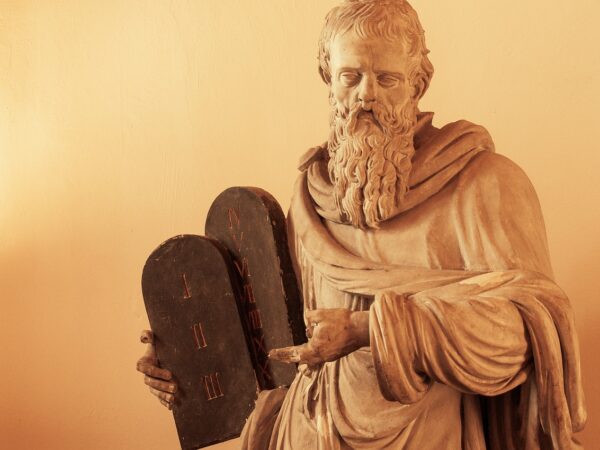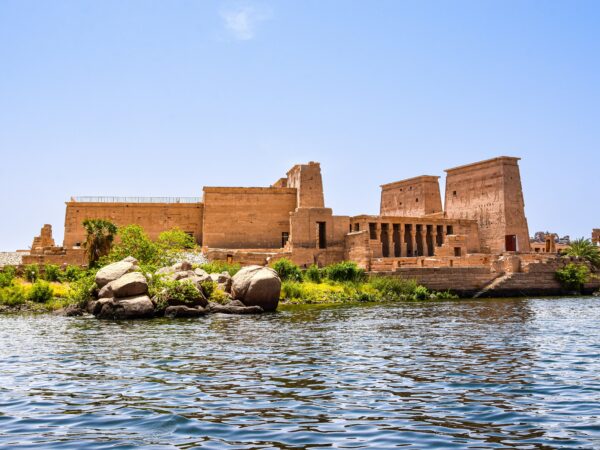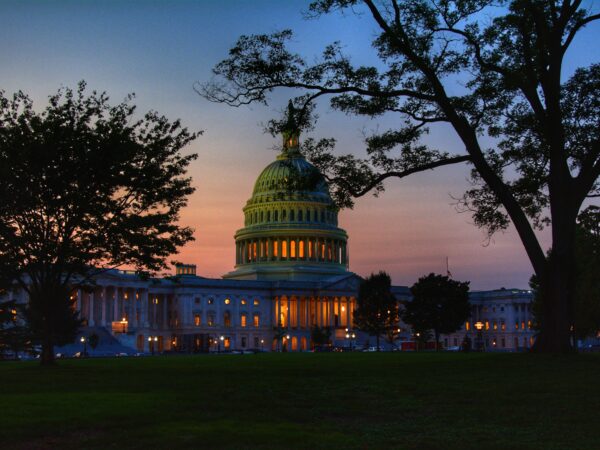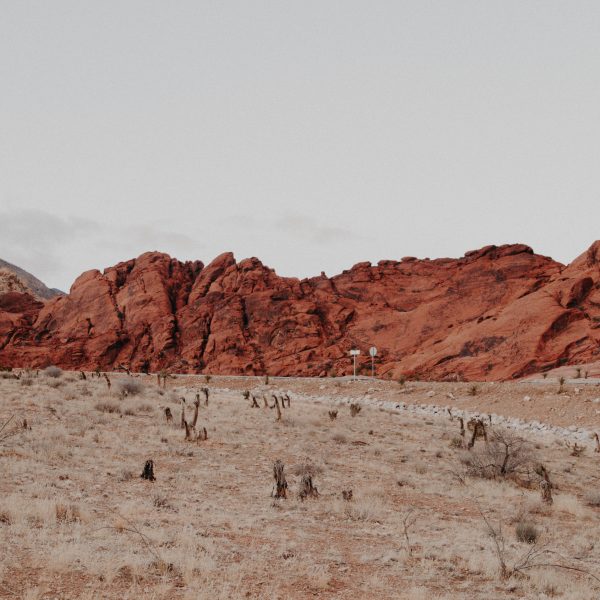
The laws at Sinai are no ball-and-chain, implementing a new form of slavery. They express the practical dimensions of life in freedom, the boundaries within which the nation can experience a life-giving form of service to the One who graciously rescued them from servitude. In short, they are revolutionary.

The transfiguration stories in scripture, and their mountains, are not places of answers. They are places of raw honesty about our own limits. They are places where words give way to water that flows where it will, to sustain life. They are places of confronting grief and loss. They are places of silence. And these mountains are places to wonder at the mystery of the God who created us to need each other and this earth.
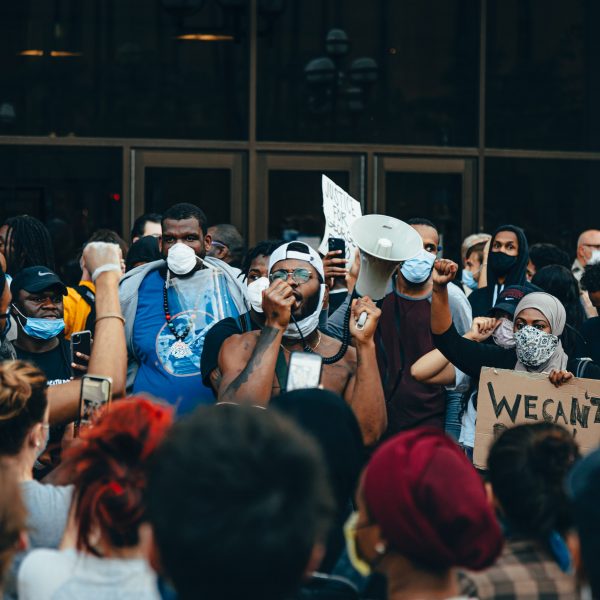
“Seek ye first the political kingdom of God and all these things shall be given unto you.”

